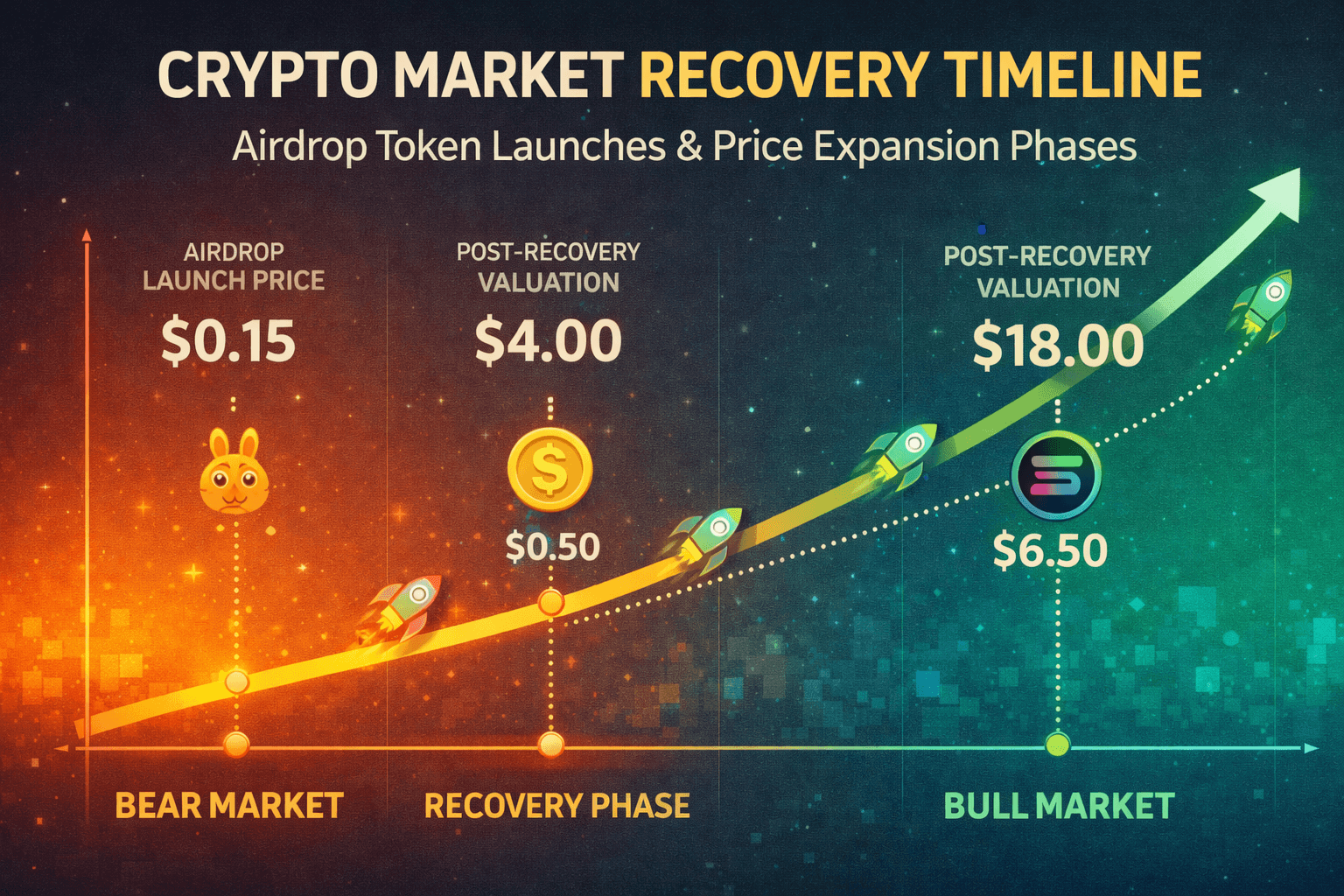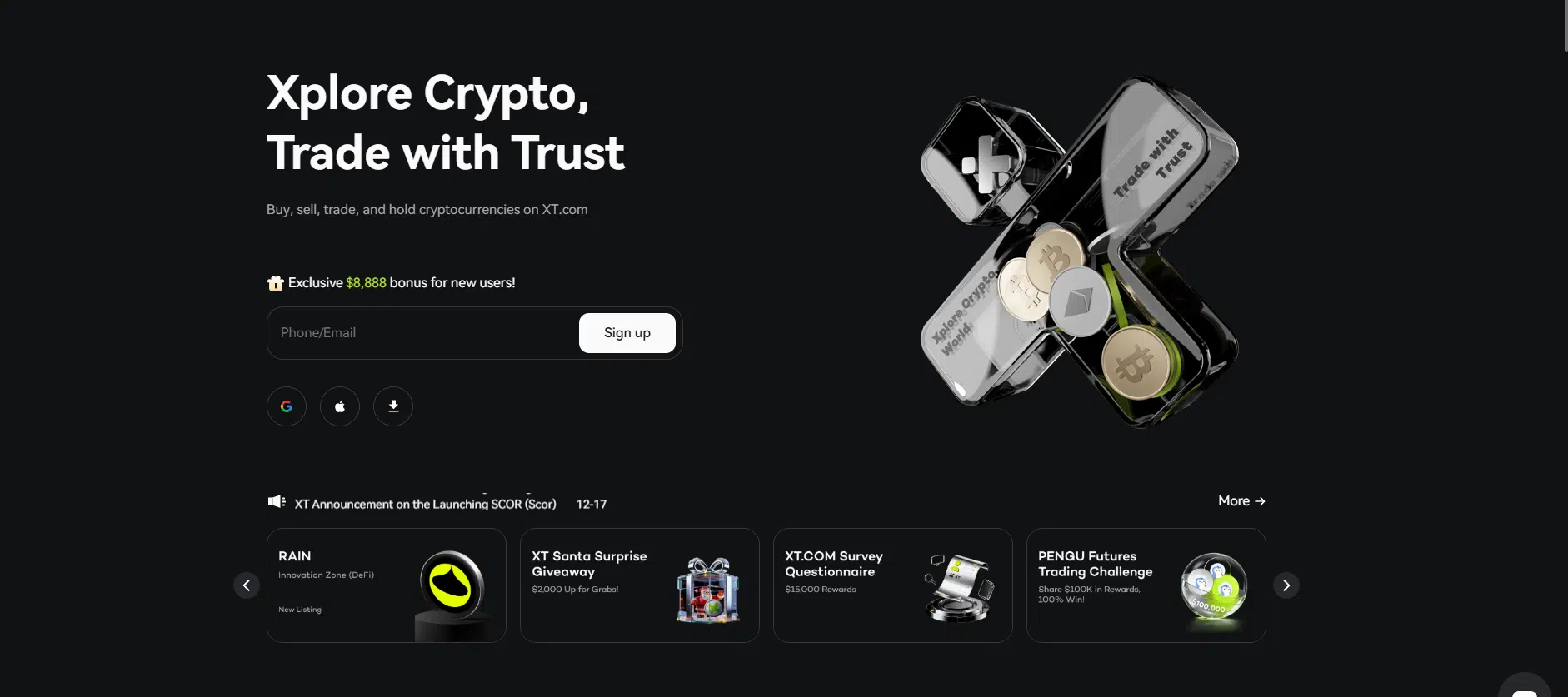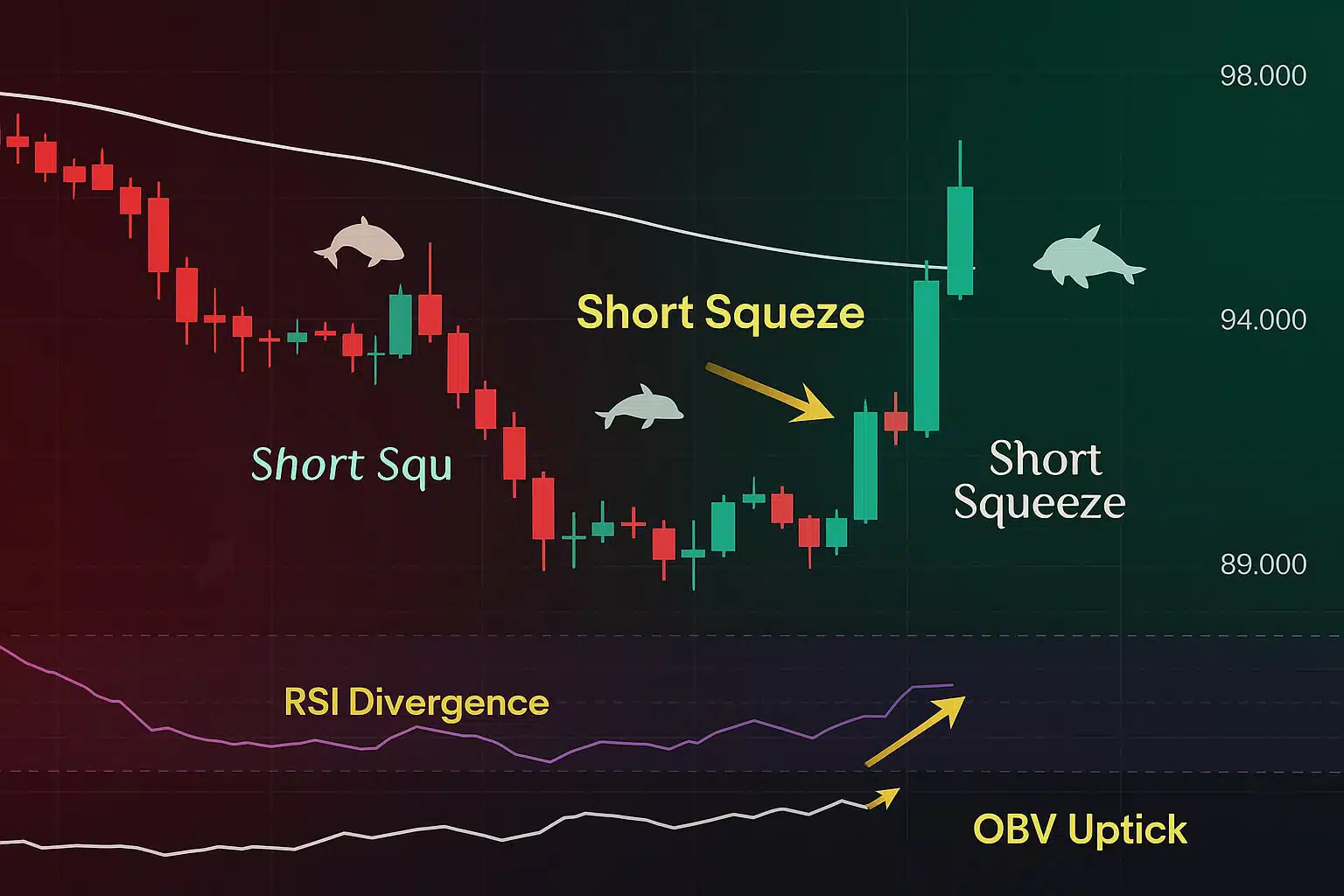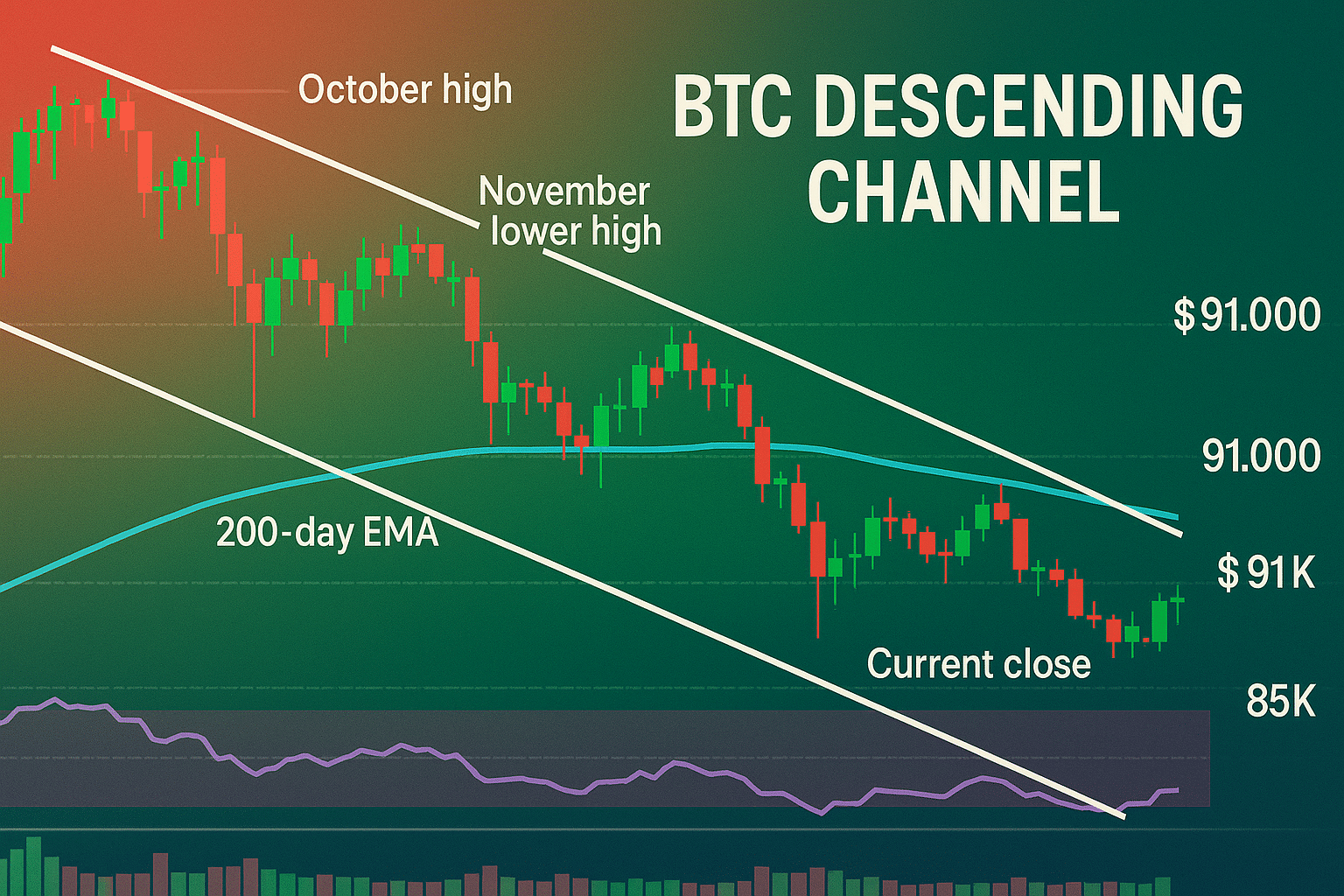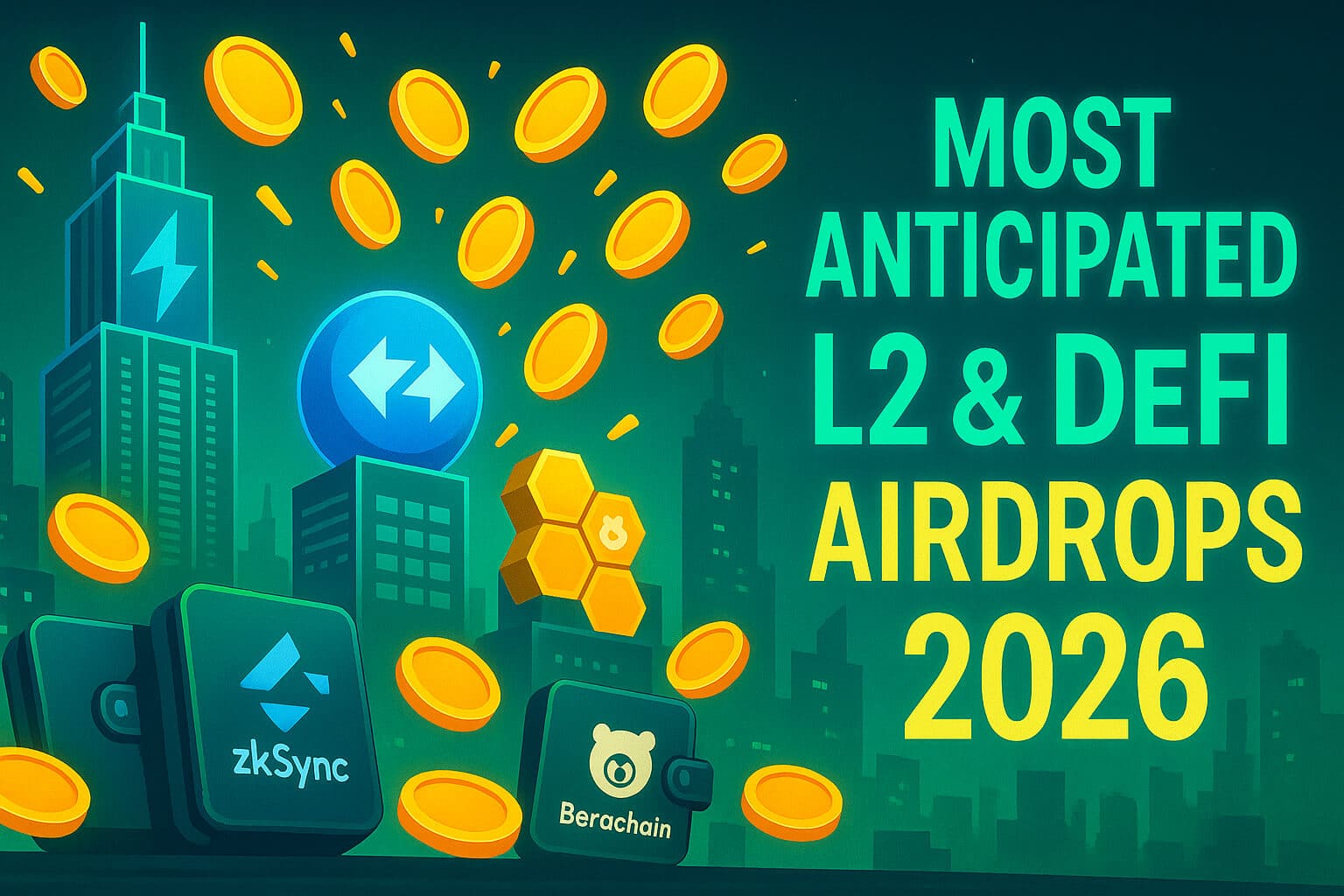1. The Evolution of Digital Advertising in the Blockchain Era
Digital advertising has grown into a multi-billion-dollar industry, becoming one of the primary revenue streams for countless online platforms. However, the industry faces significant challenges, including ad fraud, lack of transparency, and data privacy concerns. As these issues escalate, advertisers and consumers alike are seeking solutions that can restore trust and accountability in digital advertising. Blockchain technology, known for its decentralization, transparency, and security, is emerging as a powerful tool that could revolutionize the way digital advertising operates. By leveraging blockchain, the advertising industry can address these challenges and create a more efficient and trustworthy ecosystem.
Why It Matters
The impact of blockchain technology on digital advertising is profound. As advertisers strive for better ROI and consumers demand more privacy, blockchain offers a path to increased transparency, fraud prevention, and data security. Understanding how blockchain is transforming digital advertising is crucial for marketers, advertisers, and consumers navigating the evolving landscape of online marketing.
2. Enhancing Transparency and Trust in Digital Advertising
One of the most significant challenges in digital advertising is the lack of transparency between advertisers, publishers, and consumers. Advertisers often struggle to track where their ads are placed and how their budgets are spent. This opacity can lead to mistrust and inefficiency in the ad-buying process. Fortunately, blockchain technology, with its transparent and immutable ledger, can bring clarity to these transactions.
2.1 Transparent Ad Placement and Spending
Blockchain can provide a transparent ledger of all ad transactions, allowing advertisers to see exactly where their ads are placed, who is viewing them, and how much they are paying. As a result, this transparency ensures that ad budgets are spent effectively and that advertisers receive the placements they pay for.
- Example: An advertiser can use a blockchain-based platform to track their ad placements across multiple publishers. Each transaction is recorded on the blockchain, providing a clear and auditable trail that shows where every dollar is going.
- Why It Matters: By increasing transparency, blockchain helps eliminate the “black box” nature of digital advertising, where ad spending can disappear into unknown channels. Consequently, advertisers can optimize their campaigns with confidence, knowing that their investments are being used as intended.
2.2 Building Trust Through Verification
Blockchain technology also enables the verification of ad metrics and data. Because the data recorded on a blockchain cannot be altered, advertisers and publishers can trust that the metrics they see such as impressions, clicks, and conversions are accurate and free from manipulation.
- Example: A blockchain-based ad platform can verify that the number of ad impressions reported is genuine, reducing the risk of inflated metrics that can occur with click fraud or bot traffic.
- Why It Matters: Trust is a cornerstone of successful advertising campaigns. By using blockchain to verify ad metrics, advertisers can be confident that their campaigns are performing as reported, leading to better decision-making and improved ROI.
3. Combating Ad Fraud with Blockchain
Ad fraud is a significant issue in digital advertising, costing the industry billions of dollars each year. Fraudulent activities like click fraud, bot traffic, and domain spoofing can drain advertising budgets and diminish the effectiveness of campaigns. Blockchain’s inherent security features can help combat these issues.
3.1 Preventing Click Fraud and Bot Traffic
Click fraud occurs when automated scripts or bots generate fake clicks on ads, causing advertisers to pay for non-human interactions. Blockchain can help prevent this by recording each click or impression on a decentralized ledger, making it easier to detect and block fraudulent activities.
- Example: A blockchain-based ad network can track every click on an ad in real-time. If the system detects an unusually high number of clicks from a single IP address or other suspicious patterns, it can automatically flag or block the activity.
- Why It Matters: Preventing click fraud and bot traffic saves advertisers money and ensures that their ads are reaching real, interested consumers. Ultimately, this improves the overall effectiveness of digital advertising campaigns.
3.2 Eliminating Domain Spoofing
Domain spoofing occurs when fraudsters disguise low-quality or fraudulent websites as premium publishers to siphon off ad revenue. Blockchain can address this by verifying the authenticity of websites and publishers in the ad supply chain.
- Example: Blockchain technology can be used to create a verified registry of publishers, ensuring that only legitimate websites are eligible to display ads. This prevents fraudsters from misrepresenting their sites and misleading advertisers.
- Why It Matters: Eliminating domain spoofing protects the integrity of the ad-buying process and ensures that advertisers are not unknowingly placing their ads on fraudulent or low-quality sites.
4. Protecting Consumer Privacy with Blockchain
Consumer privacy is another critical issue in digital advertising. As regulations like the GDPR and CCPA increase the scrutiny on how companies collect and use personal data, advertisers must find ways to respect consumer privacy while still delivering targeted ads. Fortunately, blockchain offers a solution by giving consumers more control over their data.
4.1 Decentralized Data Management
Blockchain allows for decentralized data management, where consumers can control who has access to their personal information. Instead of relying on centralized databases that can be vulnerable to breaches, blockchain can enable consumers to grant or revoke access to their data on a case-by-case basis.
- Example: A blockchain-based ad platform could allow users to store their personal data in a secure, decentralized ledger. Advertisers who wish to target specific audiences would need to request access to this data, and consumers could choose whether to grant or deny it.
- Why It Matters: By empowering consumers to control their own data, blockchain helps build trust between advertisers and users. As a result, this trust is essential for the future of personalized advertising in a privacy-conscious world.

4.2 Anonymous Targeting and Transactions
Blockchain can also facilitate anonymous transactions and targeting, where advertisers can reach consumers based on anonymous data without compromising privacy. This approach allows for effective ad targeting while adhering to privacy regulations.
- Example: An advertiser could use a blockchain network to target ads based on anonymized data segments. The data is encrypted and stored on the blockchain, ensuring that personal information is not exposed or misused.
- Why It Matters: Anonymous targeting respects consumer privacy while still allowing advertisers to deliver relevant ads. This balance is key to maintaining effective digital advertising in an era of increasing privacy concerns.
5. The Future of Blockchain in Digital Advertising
As blockchain technology continues to evolve, its impact on digital advertising is expected to grow. Several trends and predictions indicate how blockchain may shape the future of the industry.
5.1 Integration with Programmatic Advertising
Programmatic advertising automated buying and selling of ad space—has become a dominant force in the digital ad landscape. Blockchain can enhance programmatic advertising by adding layers of transparency and verification, ensuring that every ad dollar is spent efficiently.
- Prediction: Blockchain will increasingly integrate with programmatic platforms, providing real-time verification of ad placements and reducing the risk of fraud.
5.2 Rise of Decentralized Ad Networks
Decentralized ad networks powered by blockchain are emerging as an alternative to traditional, centralized platforms. These networks offer greater transparency, lower fees, and more direct interactions between advertisers and publishers.
- Prediction: Decentralized ad networks will gain popularity as advertisers and publishers seek more control over their campaigns and better transparency in the ad-buying process.
5.3 Continued Focus on Privacy and Security
As consumer privacy concerns continue to rise, blockchain’s role in protecting personal data will become even more critical. The ability to offer secure, transparent, and privacy-focused advertising solutions will be a significant competitive advantage.
- Prediction: Blockchain will become a standard tool for managing consumer data in digital advertising, with more platforms adopting decentralized and privacy-centric approaches.
Embracing Blockchain for a Transparent and Trustworthy Advertising Future
Blockchain technology is poised to revolutionize digital advertising by addressing some of the industry’s most pressing challenges transparency, fraud, and consumer privacy. As advertisers and marketers explore the potential of blockchain, they can look forward to a future where digital advertising is more efficient, accountable, and respectful of consumer rights. The impact of blockchain on digital advertising is just beginning, and its influence will only grow as the technology matures.
For more insights and detailed guides on blockchain’s impact on digital advertising, visit our Cryptocurrency Comparisons Guides.
Stay Updated
For the latest updates on blockchain technology and its impact on digital advertising, follow us on:
Stay informed with the latest strategies and developments in the world of blockchain and digital marketing at FreeCoins24.io.
Special Offer
Ready to explore how blockchain can transform your digital advertising strategy? Sign up on Bybit today and take advantage of up to $30,000 in deposit bonuses. Discover how blockchain technology can enhance your marketing efforts.





